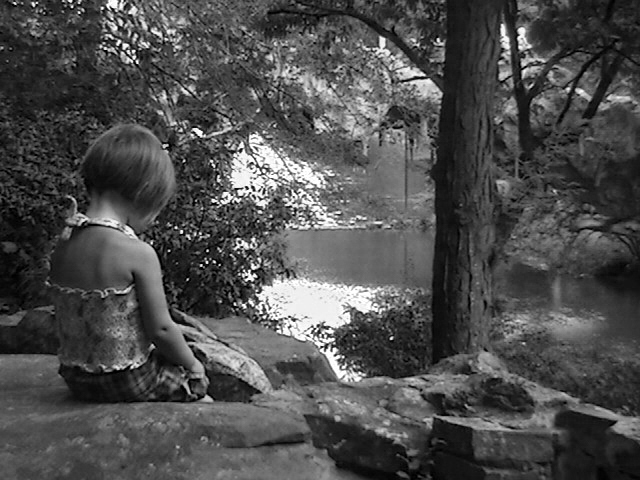
One of the unfortunate realities of a number of marriages is that some will eventually end in divorce. When there are children involved, divorce can quickly become a messy affair. For couples beginning the divorce process, an important issue to keep in mind is the emotional support and health of their children. Parents can use these six guidelines to help their offspring cope with the emotional fallout of a divorce.
Enroll Children in Counseling
During a divorce, parents are often as emotionally shaken as their children. A therapist offers a neutral place where a child can work through the pain and confusion that accompanies a separation. A qualified therapist has years of specialized education to effectively counsel children and help them toward the road to healing. While some children feel comfortable talking to their parents about their feelings, many do not, and feel torn between the two parents. Counseling offers children the opportunity to really express their worries, anger and confusion to someone else who isn’t taking sides with the parents.
Consistency is Key
Divorce shakes up normal routines and turns life upside down. It is important for both parents to maintain a consistent environment. Children take comfort and safety from a home life that is predictable. Ensuring that as little change as possible takes place will ease the emotional effects of a divorce. Parents should put a priority on keeping children in the same school, church and extracurricular activates for the duration of the divorce proceedings.
Practice Joint Parenting
While divorce signals the end of a marriage, a couple with children is in a lifelong partnership. The middle of a divorce is often accompanied by bitter feelings and resentment. Divorcing partners must learn to compartmentalize these feelings when it comes to parenting children. It is often tempting to try to ease children through a divorce by overindulging them and caving to their whims. They will sometimes try and take advantage of a split by pitting parents against each other to get what they want. Children need boundaries and want to respect their parents. Parents who practice strong and uniform co-parenting will positively impact the emotional health of their children and set a good example of how to get along.
Divorce Mediation is Essential
Sitting down with a divorce mediator is a great way to smooth the divorce process for children. A number of divorcing couples end up in heated custody battles that benefit no one. A divorce mediator can help to calmly work out custody details in a way that best benefits both the parents and children. You can search divorce mediation in San Francisco or your local area to find the best divorce mediators. Sparing children from the unpleasantness of custody disputes makes a divorce much more bearable and eases emotional recovery.
Honesty is the Best Policy
Divorce can be very scary for children. Everything they have ever known is suddenly changing. Parents commonly try to protect their children from pain by sugar coating the truth. While it is best to leave out unnecessary details of the divorce, children should be told as much of the truth as possible. If parents discuss what is happening in a kind and gentle manner, the children feel more respected and part of the family.
Avoid Using Children as Weapons
A tragic mistake that parents all too often make in the heat of a divorce is to use their children as weapons to hurt each other. This causes permanent emotional damage that may carry into the future romantic relationships of children. Parents must remember that the pain and anger they are feeling is between them and their ex-partner. Using children to wage emotional warfare is a no win situation for everyone involved. When going through a divorce, parents should seek separate counseling to work through anger.
Confused feelings and agitated emotions are part of any change. If parents are kind, thoughtful and seek what is best for their children, a divorce will cause minimal emotional impact for the whole family.



